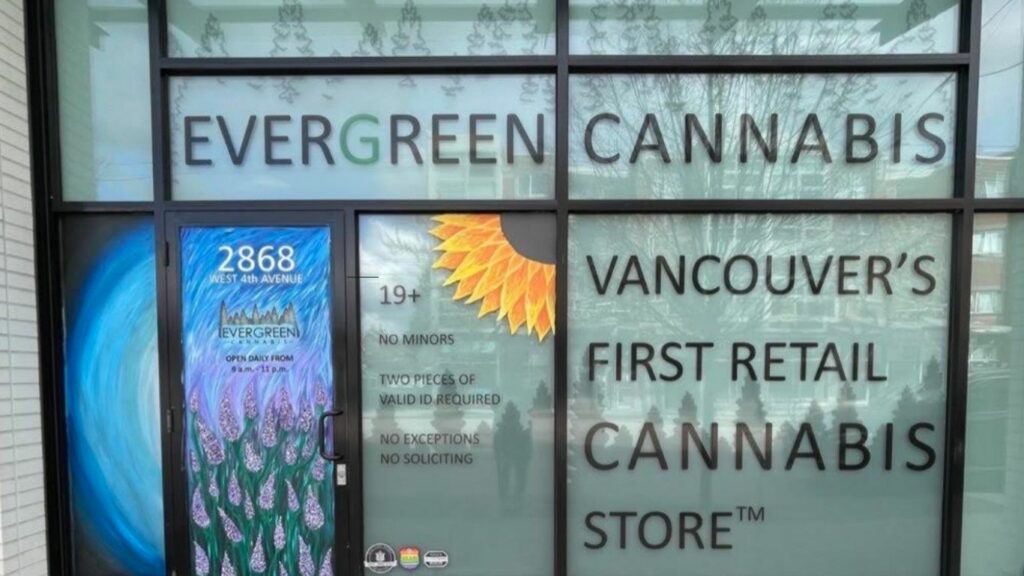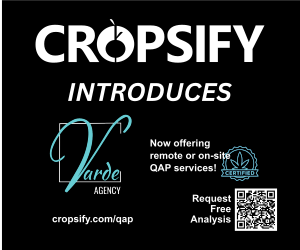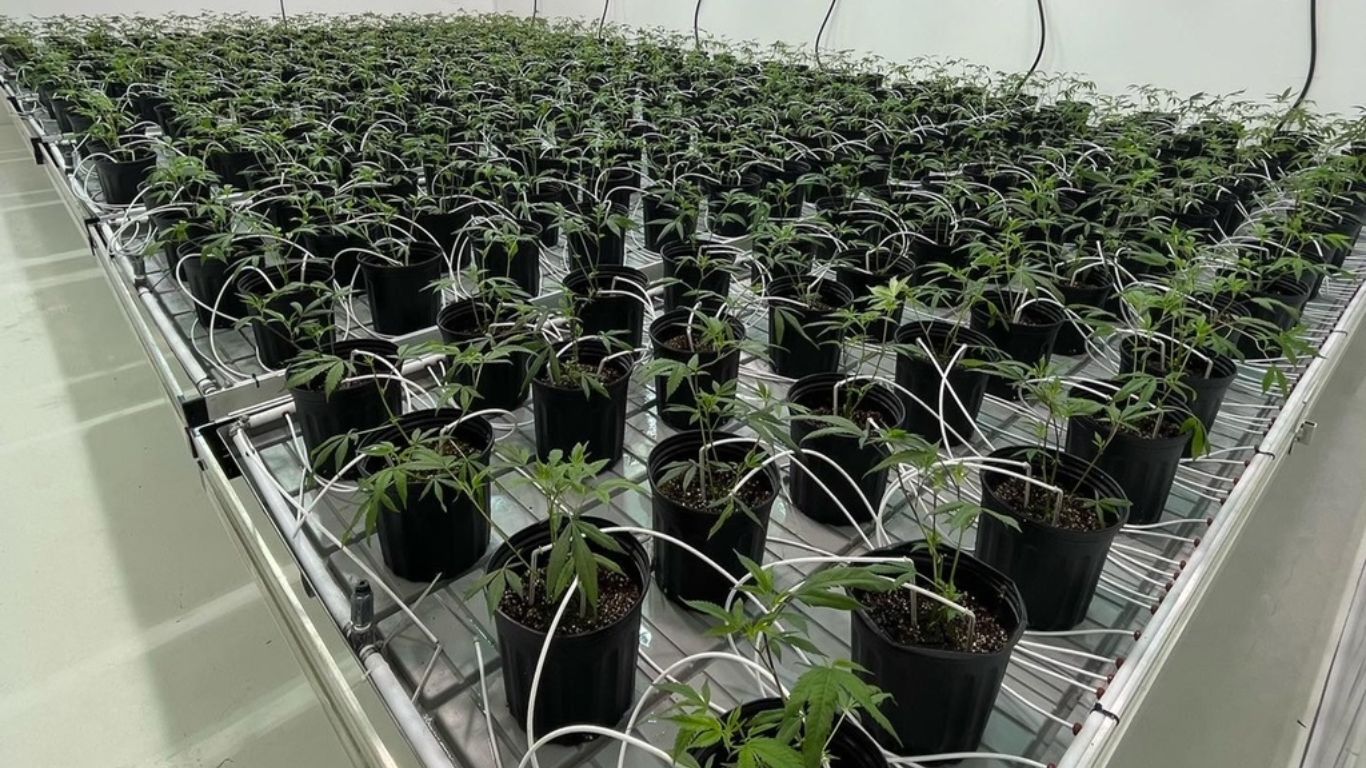
The BC government will be looking to make some changes to its cannabis regulations, especially around the rules for cannabis retailers.
The provincial government says they will be looking into lifting the cap on how many stores one company can own, currently limited to eight locations, and making changes to their tied house policies.
The province has also committed to reviewing the direct delivery program that allows producers to send directly to retailers and the 15% service fee that applies to products sold through the program.
In an announcement at a cannabis industry event in Kelowna, BC on April 22, 2023, Solicitor General Minister Farnworth told the assembled group of stakeholders that the province was looking at implementing these changes in the coming weeks and months in collaboration with industry.
The eight-store retailer cap, explained Farnworth, was originally put in place to prevent large cannabis chain stores from embedding themselves in the province, but as the industry is evolving, he noted this is not as much of a concern. Other provinces, like Ontario and Alberta, have seen a handful of chains taking up a significant portion of their retail locations.
The tied house rule is a similar rule that was put in place to prevent licensed producers from owning stores. Several other provinces have allowed this type of relationship, with a handful of cannabis producers running retail stores under the same name or through an affiliated company.
“These controls were put in place to help prevent big companies from taking over BC’s legal market in the early years of legalization. It’s important to periodically evaluate those decisions as the market continues to mature.”
The province will be seeking feedback from the industry “in the very near future.”
Omar Khan, Chief Communications and Public Affairs Officer at High Tide Inc., which operates seven retail locations in BC under the Canna Cabana banner, say they are excited by the proposed changes.
“We welcome Minister Farnworth’s commitment to modernize BC’s retail cannabis framework by looking at allowing street visibility into legal cannabis stores as well as phased expansion of the current store cap, and committing to a review of the current 15% wholesale markup and other elements of the direct delivery program.
“All these measures will help legal cannabis retailers take sales away from an entrenched illicit market. Experience shows that when customer-friendly legal cannabis stores are available in convenient locations with competitive prices, most cannabis consumers will leave the illicit market.”
Provincial representatives also shared that they have no current plans to establish more BC Cannabis stores beyond the 39th store in Delta’s Scottsdale Mall, scheduled to open soon.

The Minister, who is the province’s lead on the cannabis file, also mentioned recent changes by the BC LDB to reduce several regulatory burdens, such as eliminating the requirement for producers to maintain mandatory recall insurance, temporarily amending supplier payment terms from 30 to 14 days for a period of six months, and permanently reducing the reporting frequency for licensed producers participating in the direct delivery program from weekly to bi-weekly.
The agency has also committed to reviewing the province’s direct delivery program. The industry has been frustrated by the inclusion of a 15% fee the province collects from producers using the program, despite the fact that the product never passes through the LDB warehouse, instead moving directly from producer to retailer.
Farnworth also told the audience that the province is planning on taking action on the issue of the federal regulation that prevents cannabis products or branding inside a cannabis store from being visible from the outside.
The province previously removed its rule requiring retailers to use blackout screens in 2020. More recently, Alberta’s cannabis regulator went further, removing any mention of any rules that prevent cannabis from being visible from outside the store, a move BC appears to be looking into as well.
This would require a legislative change that Farnworth says he will take to cabinet for discussion.
“From a public safety issue, it makes total sense,” Farnworth said.
“The old rule that you could see in but couldn’t see any product was impossible for a store like ours. It was simply out of the question because of the size of our store. There’s no way we could take the coverings down. So changing this would mean we can just rip it all down, which would be great.”
Mike Babins, Evergreen Cannabis
Mike Babins, the co-owner of Evergreen Cannabis, the first licensed non-medical cannabis retailer in Vancouver, says this rule change is needed because they have had to keep their window coverings up despite the previous provincial rule change.
“This is good for so many reasons,” he tells StratCann. “The old rule that you could see in but couldn’t see any product was impossible for a store like ours. It was simply out of the question because of the size of our store. There’s no way we could take the coverings down. So changing this would mean we can just rip it all down, which would be great.”
Babins also noted that removing, or at least lowering, the 15 percent direct delivery fee would likely allow him to charge much less for those kinds of products, which would increase sales for those small producers working with the program. He says about 80 percent of the cannabis flower he carries is purchased directly from retailers through the program.
“That 15 percent adds a lot of cost, which makes it harder to compete with some of the bigger companies as well as the black market.”
In his speech, Farnworth noted that there’s much interest in cannabis hospitality and tourism and that the province is moving forward on these issues as well. In the short term, he said the province is looking at changing some of the prohibitions around cannabis consumption spaces, such as how consumers can purchase cannabis at a farmgate store and consume it on-site.
In the long term, he says the province is also looking at authorizing special cannabis events that could encourage more tourism opportunities for the industry.
BC launched its farmgate program in late 2022 but has only seen two companies apply to take part so far. The BC government in the past has emphasized that they see cannabis farmgate tying into the farmgate model, similar to how wineries currently operate.
The province also announced more funding for First Nations looking to enter the cannabis space and continuing conversations around jurisdiction, reconciliation, and self-determination for Indigenous peoples and communities in BC.
Farnworth also told the crowd he and the provincial government are pushing for changes to federal regulations, such as: increasing the 10mg THC cap on edibles, the 30-gram public possession limit, federal consumer packaging requirements, and the federal excise tax, especially for small cannabis businesses. The Minister said he is calling for an expedited review of the federal tax program.
During a brief Q&A period after his speech, one audience member asked Farnworth if the province would be committed to no longer collecting its 75 percent share of the federal excise tax, or potentially giving BC producers a rebate for the excise tax they have paid.
The Minister said he would discuss the issue with the provincial finance minister.













